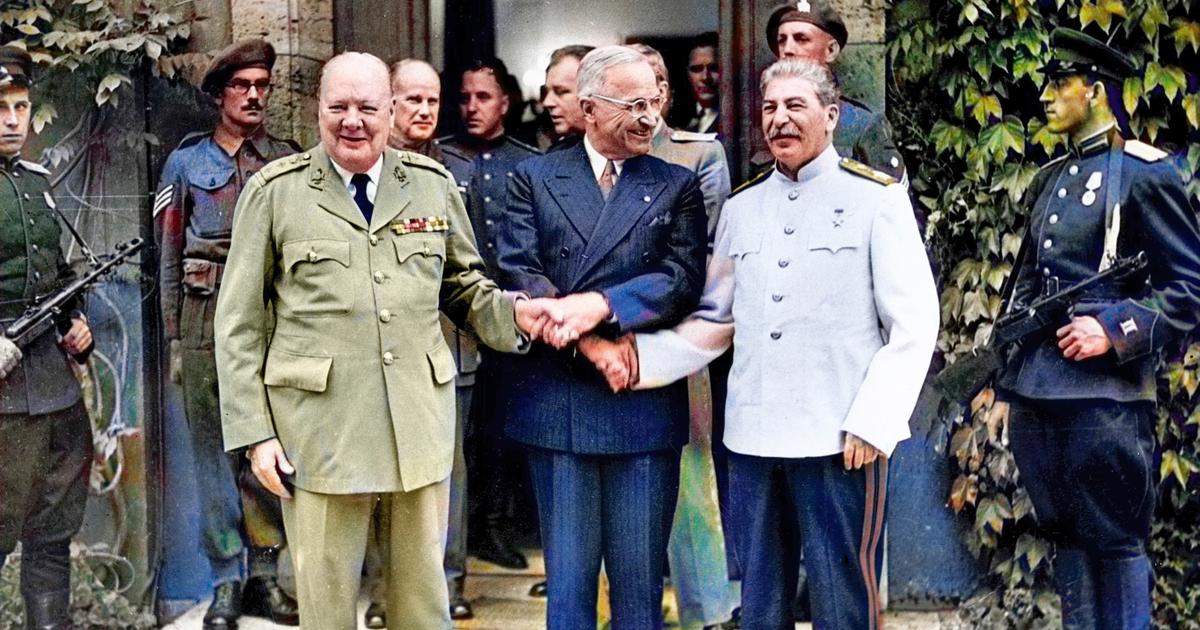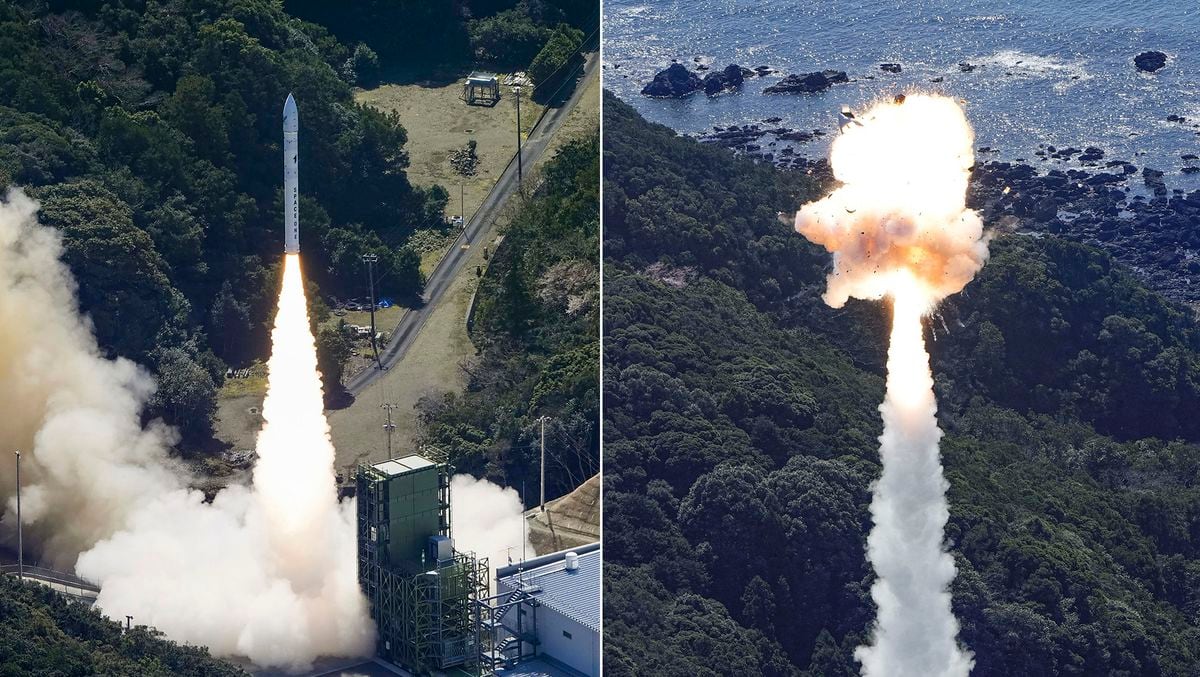The conquest is a fundamental point in the so-called history of Mexico.
What happened 500 years ago is important not only for its historiographical interest, but because it is fundamental to explain many of the current social and political dynamics and, therefore, it allows us to envision futures for those of us who are part of the different peoples that they were involved in these historical processes.
What happened 500 years ago is part of a network of stories to which we have been systematically exposed, created by a privileged voice: that of the Mexican State.
Through schooling and propaganda, the State has created an official history that functions as a lens through which we look at the past as a series of events whose ultimate function is to justify the existence of a country like Mexico, an existence that it is narrated as the result of a manifest destiny.
More information
Mexico-Spain, the history that separates us
Books: The other conquests of 1521 narrated from Mexico
Books: From the black legend to historical memory
The State has created a linear narrative within which is inscribed what is now known as the “conquest of Mexico”.
The fact that the State is the creator of the lenses with which we look at history generates a series of very concrete effects.
The capture of the narrative voice has been so evident that, even today, it has been the head of the Mexican State who a few months ago made a request for forgiveness to the King of Spain for the events that occurred during the conquest on behalf of the peoples indigenous people of the country.
The voice of the indigenous peoples has been so silenced that the effects that the wars of conquest had on them have been claimed not by the indigenous peoples, but by the representative of the Mexican State.
Who were conquered?
One of the main effects of the narrative capture that the Mexican State has made of history is that a very interesting conversion takes place: in the past, the current country, Mexico, becomes Tenochtitlán. 500 years ago, in these territories there existed a complex network of socio-political and cultural structures —many of them in permanent tension, but in official history, present-day Mexico is reborn 500 years ago as a single Mexican city. What happened to Tenochtitlán is recounted as something that happened to Mexico today. In this way, it does not matter that, as various historians have pointed out, the army that took the city was made up of more than 90% native people: these people are not identified as the root of today's Mexico.
This operation has implied that the sources that evidence diverse voices from the indigenous peoples have been silenced.
In accordance with this narrative, independence is then narrated as relief from the condition created by the conquest.
Through this artifice it is hidden that the creation of the Mexican State was not a project of the indigenous peoples, but that of a Creole minority that ignored the indigenous nations, which it has tried to systematically make disappear either by integration or by elimination.
The conquest has served to deny the responsibility of the State in the impoverishment and oppression of indigenous peoples today.
The fall of Tenochtitlán and the establishment of the colonial order
It is important to remove the glasses that official history has placed on us and differentiate different events. On the one hand, the fall of Tenochtitlán as a specific event that did not automatically mean the defeat of all the peoples of these territories. On the other hand, the successive and complex wars of conquest throughout the territory that today we call Mexico. And for another, the establishment of colonialism that gradually was ordering and hierarchizing the bodies and determining a world in which
whiteness
as a regime was established as the measure of progress and civilization. Under this scheme, the creation of the Mexican State in that period called independence is no longer the interruption of the colonial order, but its perfection as an oppressive element of the indigenous peoples.
A tomorrow beyond forgiveness
With the voice of the indigenous peoples systematically silenced, it has been the voice of the head of the Mexican State who has supplanted their will and, as we said, has enunciated for them a request for forgiveness to the Spanish Government for the events that occurred in Tenochtitlán (that
Mexico
in the past) 500 years ago.
This impersonation seems terrible to me, as it perpetuates the silence to which the complex and diverse histories of indigenous nations have been confined.
On the other hand, the fact that the word
forgiveness
is used
when talking about this request is striking: it is not possible to ignore the entire Judeo-Christian burden that this word carries, a burden that is inscribed within the same Western tradition against which it claims to rebel.
By contrast, within indigenous peoples are other ethical principles on the recognition of grievances and restorative processes. Far from the tradition of forgiveness and blame, in the justice traditions of many of the indigenous peoples, restoring the balance broken by an affront, or violence, involves various elements. The first is the public recognition that the violence that upset the balance was committed. This step is important because part of justice involves naming the affront, removing the veil of denial, and exposing the pain and damage caused. The second element focuses on establishing a joint dialogue that determines the best way to restore the lost balance, to compensate - symbolically and concretely - the fabric broken by violence.
From this other starting point, if we recognize that the colonial order continues to order the world and continues to have current effects such as racism and extractivism in the territories of indigenous peoples, it is necessary to name these systems and the associated violence that are still in force, remove the veil under which the current consequences of what began to be established 500 years ago and that changed the history not only of Spain and Mexico, but of the entire world are hidden. Recognition is a first requirement that later gives way to the promise of non-repetition, to create the conditions for the violence associated with these events to cease. Once named and enunciated, the future could be built through a dialogue that seeks to re-assemble the fabric that was broken.
In the construction of this new framework we need different voices, to listen to those that have been silenced.
And in the face of the climate crisis - a concrete effect of capitalist colonialism - propose joint solutions that put a dignified life first for all peoples.
The restorative justice that we need will not come from the Judeo-Christian forgiveness enunciated by the State that continues to supplant the voice of the indigenous peoples, but from a dialogue that takes into account the recognition of the damage and the construction of restoration ideas that provide us with a more just future. .
Yásnaya Elena Aguilar
is a Mexican essayist, author of 'Ää: manifestos on linguistic diversity' (Almadia).
'Japom' means 'tomorrow' in the Mixe language.
You can follow BABELIA on
and
, or sign up here to receive
our weekly newsletter
.

/cloudfront-eu-central-1.images.arcpublishing.com/prisa/YJR45DMSD7C26YBMM4PIVR4MVU.jpg)







